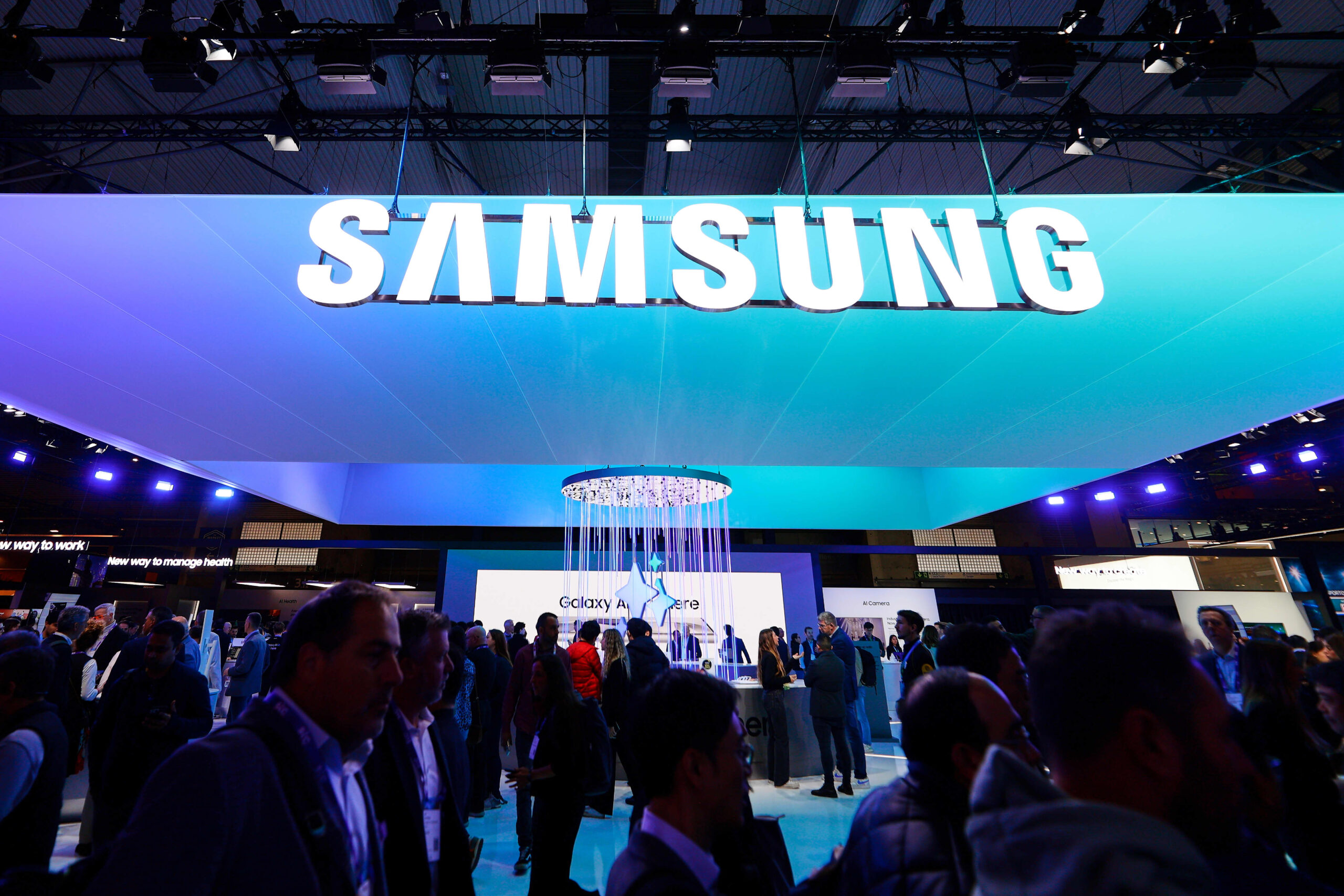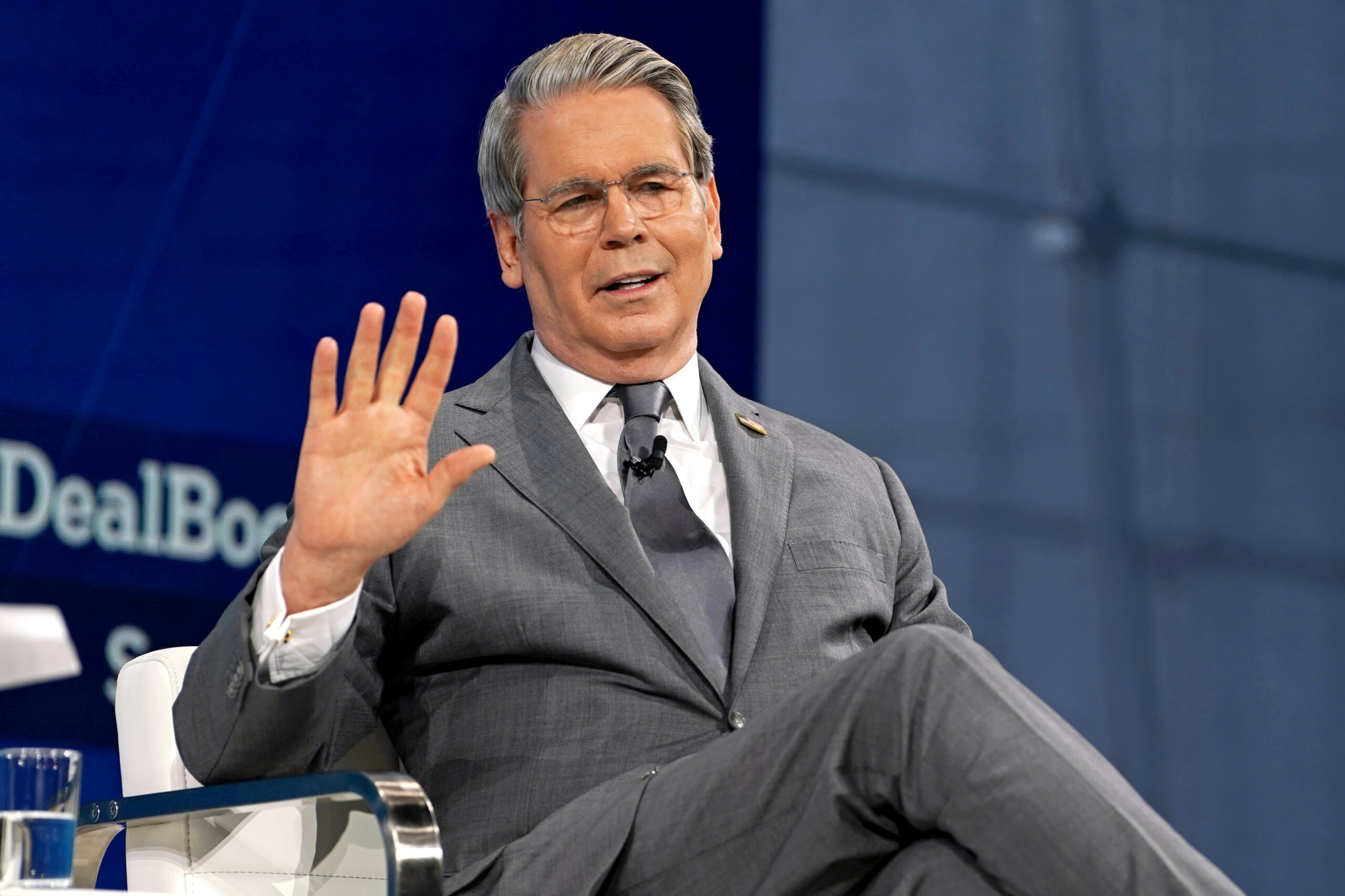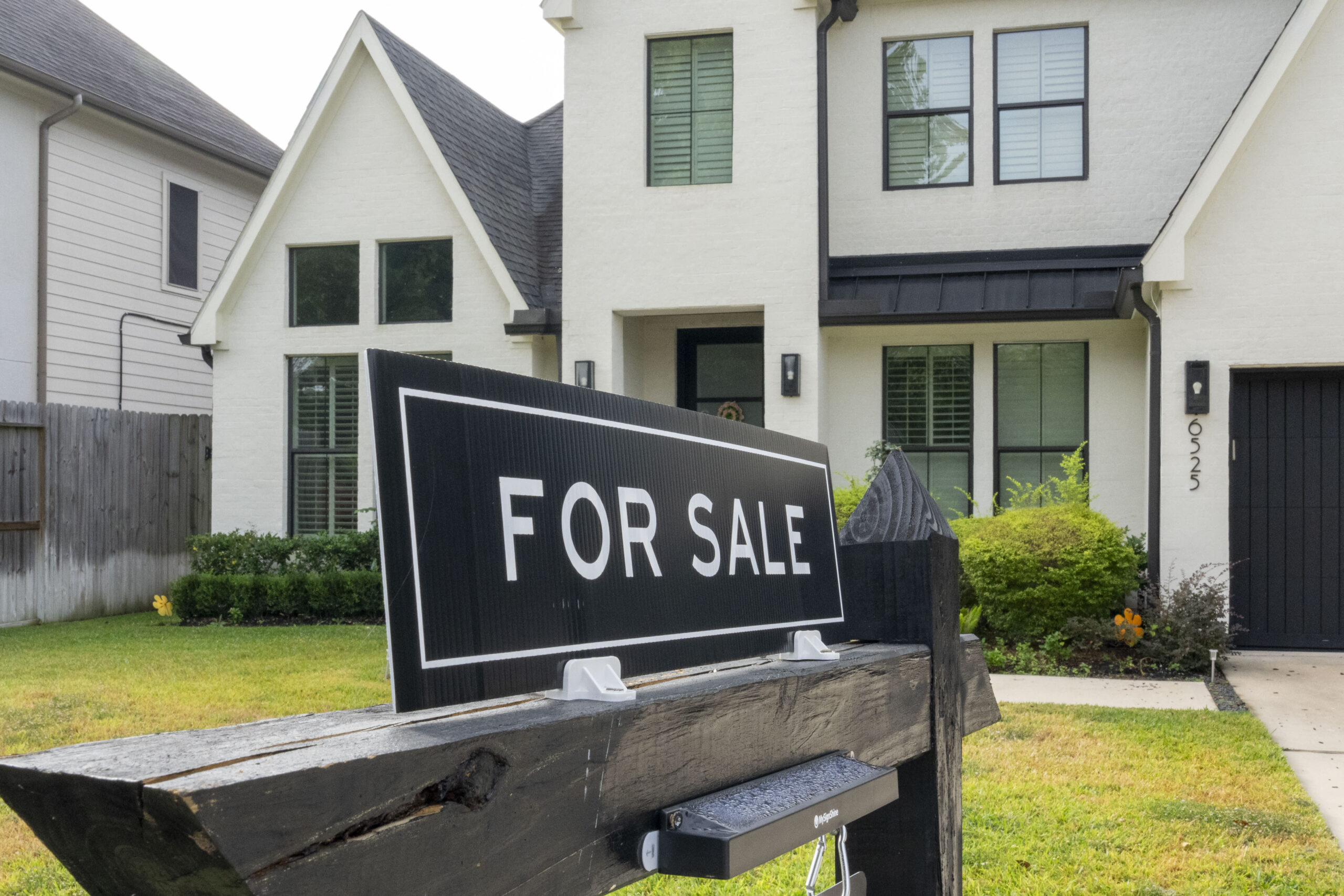Beijing: China’s industrial expansion slowed in May while retail spending beat forecasts in a sign that imbalances in the economic recovery may be easing.
Industrial production rose 5.6% in May from a year ago, the National Bureau of Statistics said yesterday.
That compares with April’s increase of 6.7%, and a median forecast of 6.2% in a Bloomberg survey. Retail sales accelerated, climbing 3.7% compared with a forecast of 3%.
The retail numbers are encouraging after years in which Chinese households were reluctant to spend, despite government efforts to boost consumption.
China turned to export-led growth instead as companies sold their products abroad, powering a factory boom that helped offset the housing slump and keep economic growth on track.
But that strategy faces growing uncertainty as major partners erect new trade barriers that threaten the export engine. Last week, the European Union followed the United States by imposing hefty tariffs on Chinese electric cars.
Investment in property development plunged 10.1% in the first five months of 2024 from a year earlier, after dropping 9.8% in the January-April period.
That weighed on fixed-asset investment, which rose 4% in January-May, compared with growth of 4.2% in the first four months – even though there’s been a pickup in government bond issuance to fund infrastructure spending.
The urban jobless rate was 5%, the same as in April.
China’s central bank kept a key interest rate unchanged yesterday for the tenth straight month, as liquidity in the financial system remains ample amid weak credit demand while the yuan still faces downward pressure with the US Federal Reserve reinforcing the high-for-longer message on interest rates.
China rolled out a programme in April that offers incentives for businesses and households to upgrade old machinery, in a bid to boost consumption.
The People’s Bank of China is providing as much as 500 billion yuan in cheap loans to 21 banks to encourage them to lend to technology start-ups and companies that carry out the upgrades.
Beijing and local governments are offering a combined 11 billion yuan in subsidies to help consumers purchase new cars.
Late last month, China also unveiled a broad rescue package to prop up housing sales as a credit crisis was engulfing some of the country’s biggest real estate developers.
It relaxed mortgage rules and encouraged local governments to buy unsold homes. Still, many investors and analysts caution that the financial incentives aren’t big enough and trial programmes in several cities have shown progress can be slow. — Bloomberg


